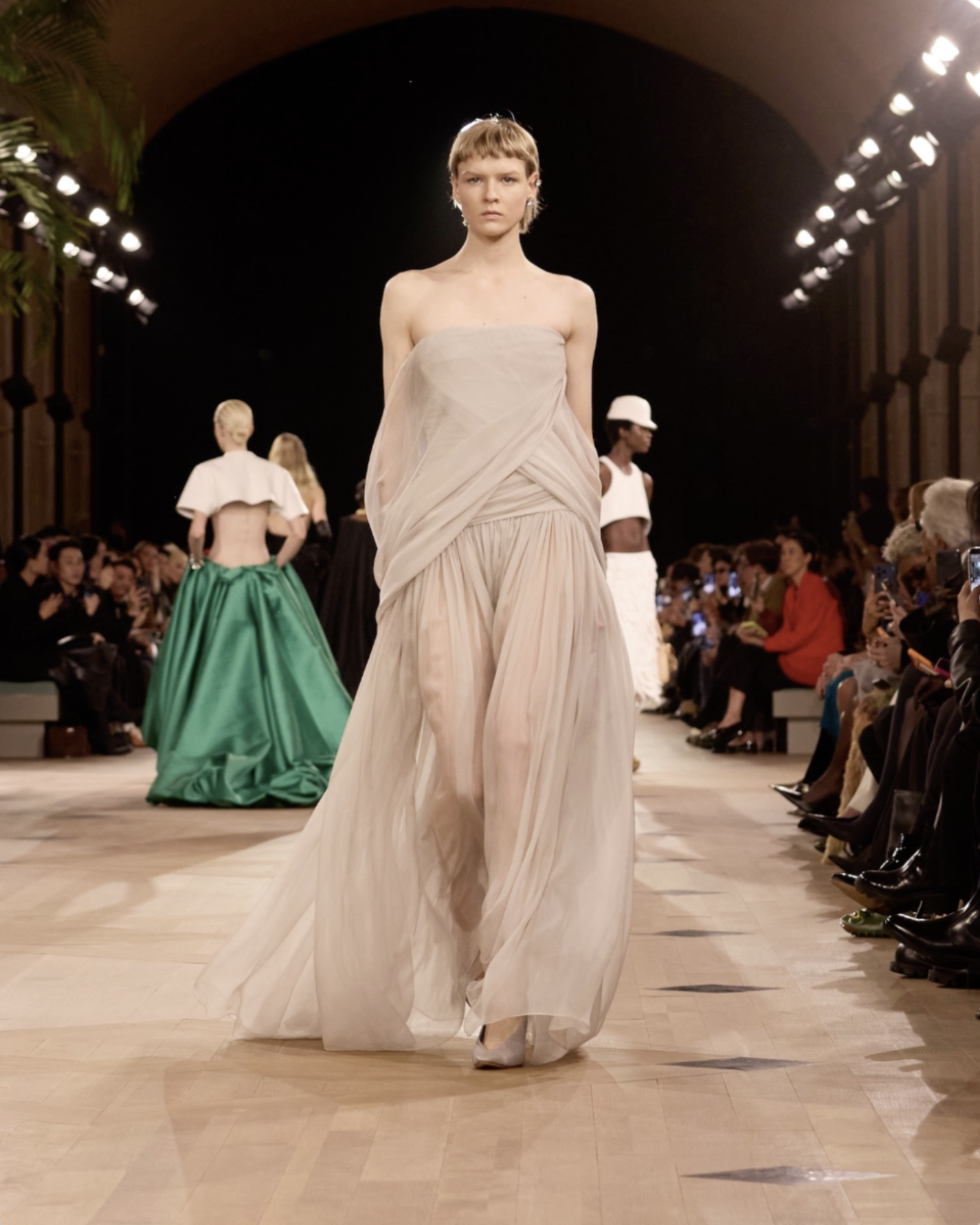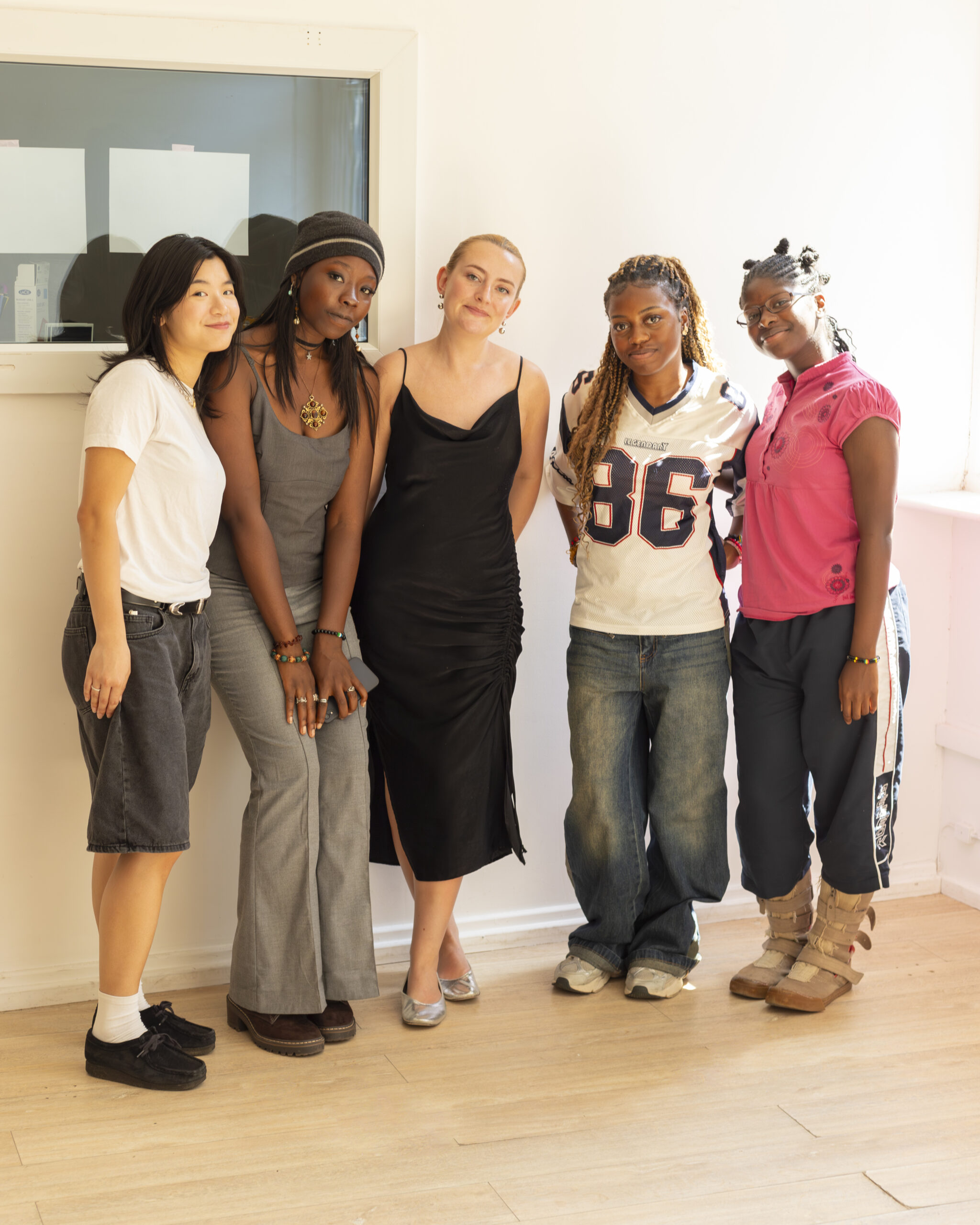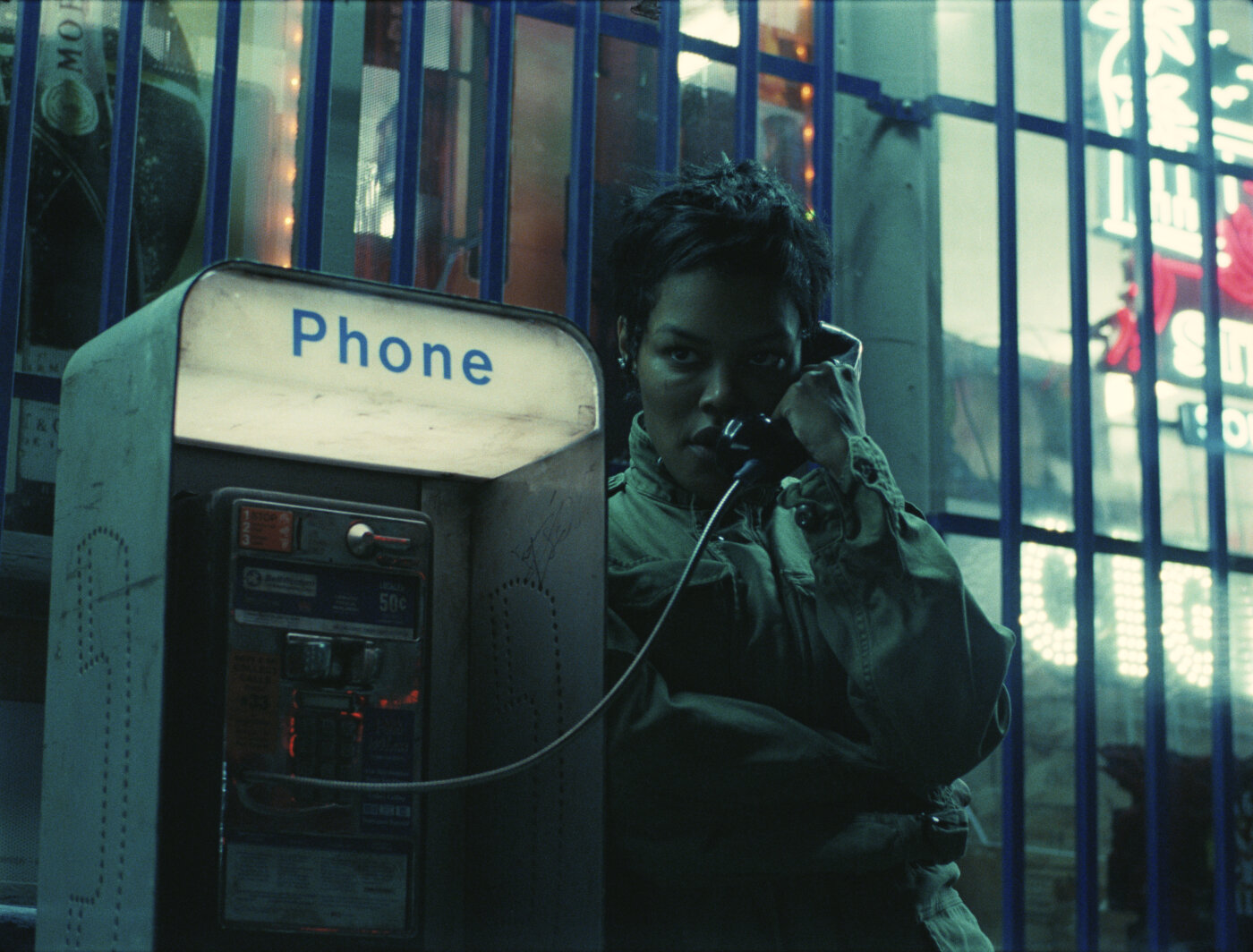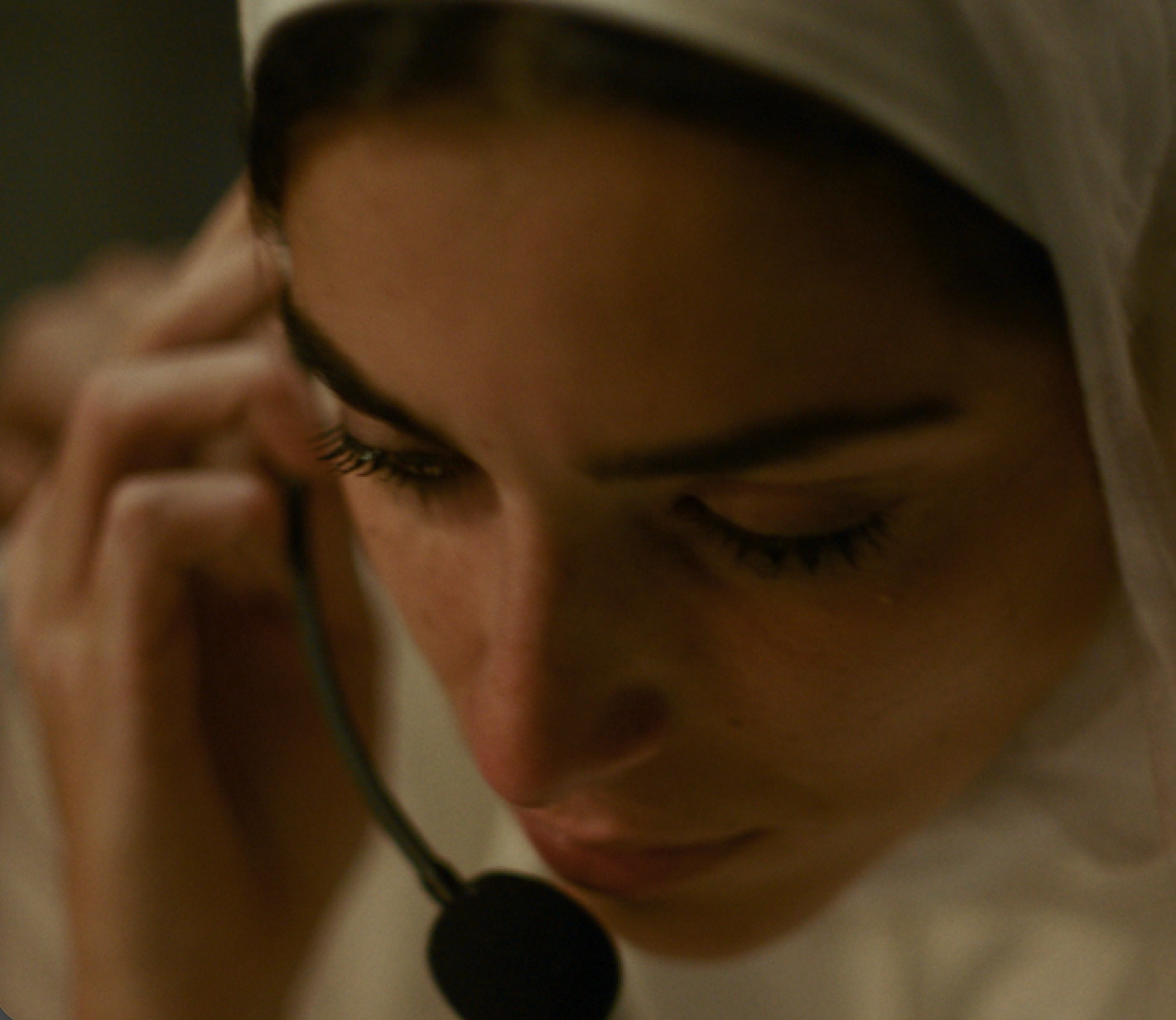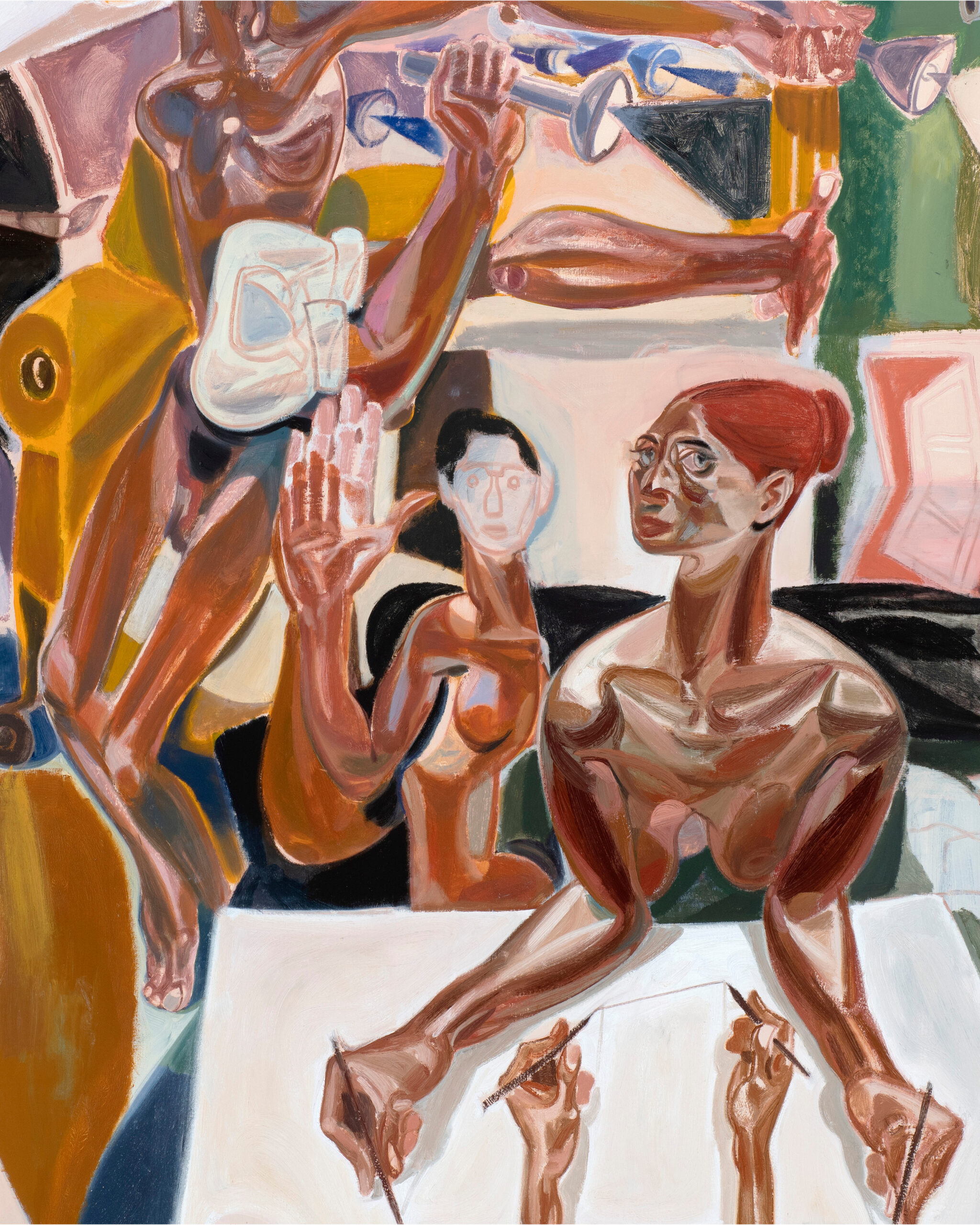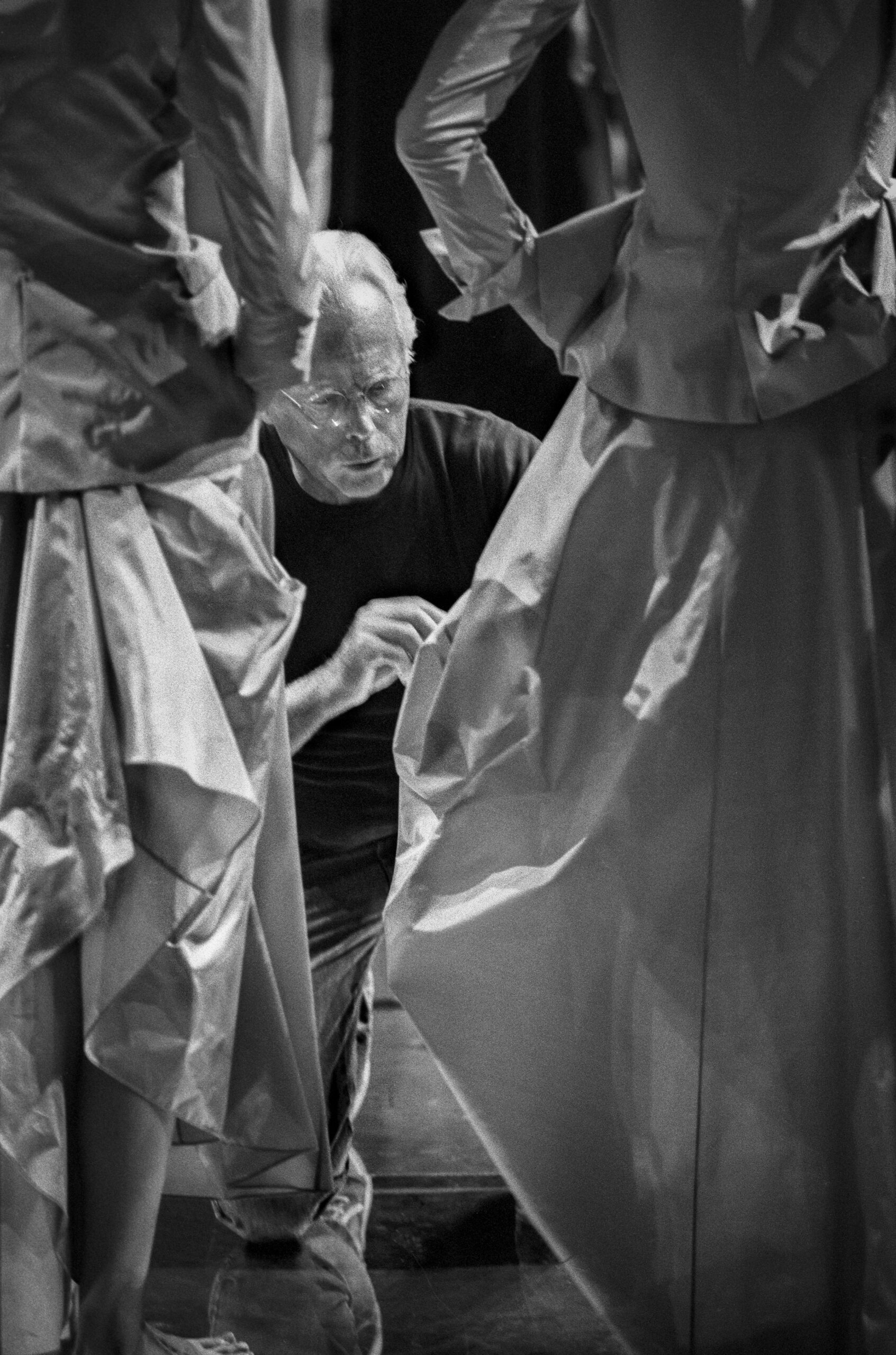
HOW TO DETOX YOUR FRIENDSHIP GROUP
Not every bond is built to last. It might be time to reassess your inner circle, clear the clutter and create space for more nourishing connections.
In your twenties, friendships are often built on chaos, loyalty and shared memories. You go through breakups, makeups, big nights out, new jobs, ecstatic highs, total meltdowns and everything in between. You hold on to those people because they’ve seen it all and the history between you feels binding.
But as you grow older, or perhaps just more self-aware, something starts to shift. Coming out of the pandemic, I felt that shift deeply. After months of stillness and solitude, I was so ready to reconnect. Like many of us, I craved laughter, late-night conversations and the comfort of familiar faces, so I said yes to everything: brunches, dinners, and all the “we have to catch up soon” coffees.
But something felt different. At first, I thought it was just my body adjusting to the return to “normality” but I soon realised it was more than that. I started noticing how I felt once I got home: sometimes, I’d feel nourished, seen, recharged. Other times, I felt off; drained and just a little smaller, like I’d been performing a slightly edited version of myself. I realised it wasn’t the socialising that was exhausting, it was who I was socialising with. And it got me thinking: just in the same way I was trying to feel better by detoxing my body of ultra-processed food, perhaps it was time to detox my friendship group?
Detoxing your friendship group doesn’t mean cutting people off cold, or ghosting anyone who doesn’t spark joy. It simply means getting honest with yourself about which relationships still feel reciprocal, respectful and rejuvenating, and which do not. Detoxing is less about confrontation and more about recalibration. Sometimes that looks like creating more distance. Sometimes it’s choosing to invest less time and energy. And sometimes, it’s just having the courage to say: “I love you, but this isn’t working anymore.”

GRACE O’CONNOR, Fleshpot Mascots, 2007
Just like we’ve learned to read ingredient labels, we need to learn to audit the spaces and people we pour ourselves into.
Just like we’ve learned to read ingredient labels, we need to learn to audit the spaces and people we pour ourselves into. It’s important because protecting your energy isn’t selfish, it’s self-respect. Why? Because who you surround yourself with shapes who you become. In fact, this has been scientifically proven. It’s what they call emotional contagion: the way someone else’s mood, mindset or self-worth can shape your own. I spoke about it with leadership expert and bestselling author Robin Sharma who said, “If your friends are victims, complainers or constantly cranky, by the power of emotional contagion we will adopt [their] emotions.” So, if we are in a pursuit of growth, fulfilment and joy, it makes sense that we might want to reevaluate our inner circle.
On a spiritual level, it matters too. Your energy is sacred: from a manifestation perspective, it’s the magnet that attracts everything into your life – your relationships, opportunities, abundance and your sense of peace. If you’re constantly surrounded by people who drain you, doubt you, or kill your vibe, it becomes so much harder to align with the life you’re trying to achieve or the person you want to become.
You can’t step into your next chapter while clinging to people who belong to a previous one. Think of it like this: Every interaction either expands you or contracts you. And to reclaim your power, you need to start tuning in to how people make you feel. Here are a few signs that it might be time to reevaluate your friendship: you feel anxious or depleted after seeing them, you shrink, censor, or edit yourself to keep the peace; jealousy, competition, or comparison show up repeatedly; you give and give, and it’s not reciprocated, and finally, you don’t feel celebrated, seen or safe.
It’s important to address something: I know that the hardest friendships to let go of are the old ones. The childhood friend. The university roommate. The one who’s been part of every chapter. Letting go of those dynamics can feel disloyal, or like an abandoning of the past. But here’s the truth: Time doesn’t equal alignment. You can love someone deeply but still recognise that they’re no longer right for the life you’re building. Outgrowing people isn’t a betrayal of them. It’s a commitment to yourself. Just like you wouldn’t wear clothes that no longer fit, you don’t need to hold onto relationships that feel tight, uncomfortable or outdated.
Letting go can feel heavy. But once you do? The emotional clarity is unmatched. So how do you actually do it? It doesn’t have to be messy. It can be quiet, slow and deeply respectful (to both you and them). Here’s how I approach it. Firstly, audit your circle. Write down a list of all the people you spend the most time with. Ask: “How do I feel after I spend time with this person?” Next: set boundaries. You don’t have to burn bridges, but not everyone needs front-row access to your life. Adjust how much time, energy, and emotional bandwidth you offer. Then, reflect on which version of yourself you like the most. We are slightly different versions of ourselves with every person we spend time with. Some people bring out the boldest, softest, most magnetic parts of you. Others summon the people-pleaser. The over-giver. The one who stays small to avoid judgment.
So ask yourself: Who am I when I’m with this person? And do I like them? This simple question is a powerful filter. Because emotional safety isn’t just about how someone treats you, it’s about how you feel in their presence. That version of you holds the answer. Have the conversation (if it matters to you). If the friendship is important but just isn’t feeling good right now, open up and be honest and let it be a dialogue, not a shutdown. When you clear the clutter, you naturally create room for people who reflect your growth, making space for new connections. And when those people arrive, let them in.
Since becoming more intentional with who I allow in, I’ve felt more empowered, I have more time for the people I love, and I’ve attracted new friendships into my life which have been so deeply fulfilling. They’re friends who are generous, creative, ambitious. People who don’t compete with me but people who cheer when I win. Remember: The people around you aren’t just a reflection of who you are, they’re shaping who you’re becoming.
